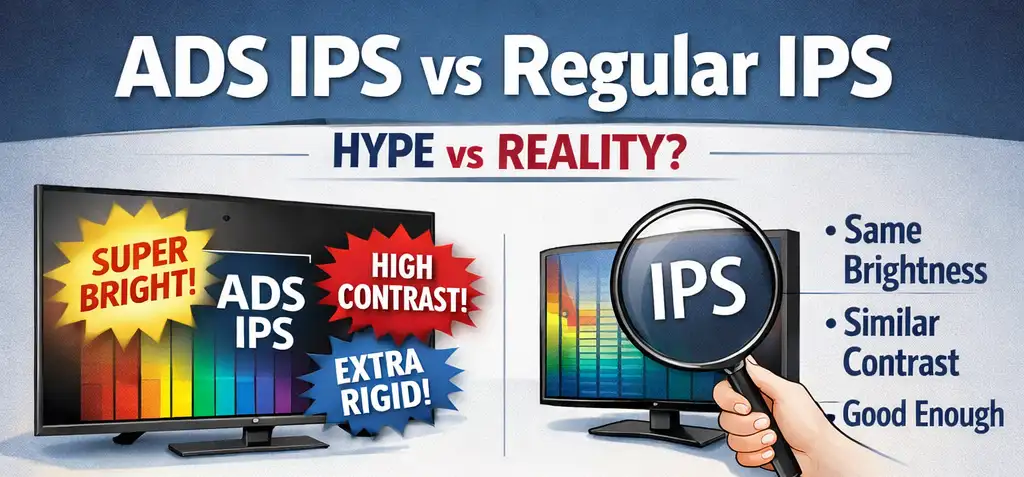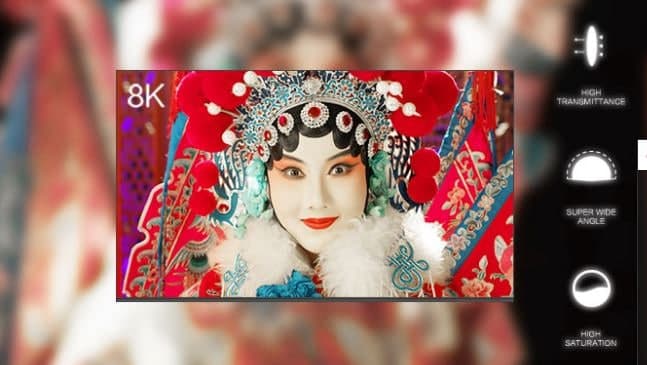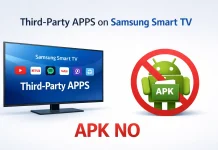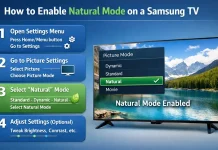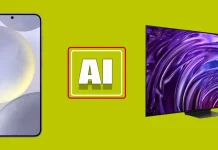Today, display manufacturers offer a wide range of technologies. It should be noted that all LED displays are now produced by Chinese companies such as TCL, Hisense GSOT, BOE, and others. In 2020, TVs with ADS displays entered the market. For example, Samsung QN85A series TVs are equipped with IPS ADS panels.
ADS is a type of IPS (In-Plane Switching) display. Initially, this technology was called ADSDS (Advanced Super Dimension Switch), but since the name was difficult to pronounce and remember, it was shortened to ADS for commercial use. The technology was first introduced by the Chinese company BOE in 2012 and has since been used in various devices.
How does ADS IPS differ from regular IPS?
Manufacturers often highlight several advantages of ADS IPS panels, such as higher brightness, improved contrast, and increased screen rigidity. Let’s take a closer and more realistic look at these claims.
Increased rigidity
Yes, ADS IPS panels are indeed more rigid. The screen feels sturdier and flexes less when lightly pressed. However, in real life this advantage is of limited importance. A TV screen is rarely, if ever, touched, and in touchscreen devices the display is already protected by a layer of glass designed specifically to handle physical interaction. As a result, the increased rigidity has little practical impact for most users.
Increased brightness
Display brightness in LCD panels primarily depends on the power of the backlight. A stronger backlight results in a brighter image, regardless of whether the panel is IPS or ADS IPS. Moreover, traditional IPS panels are already capable of high brightness and good overall image quality. In this context, claims of significantly higher brightness in ADS IPS panels are largely a marketing statement rather than a technical breakthrough.
Improved contrast
Contrast ratio is influenced by many factors, most notably the quality of materials and manufacturing processes. A well-made standard IPS panel can easily achieve contrast levels comparable to those of ADS IPS. It’s also worth remembering that while IPS panels offer decent contrast, weak black levels are a well-known characteristic of this technology, and ADS IPS does not fundamentally change that.
Is ADS IPS worth choosing?
This does not mean that ADS IPS panels are bad. They are simply one variation of IPS panel manufacturing, with increased structural rigidity being their most noticeable trait. In simple terms, ADS IPS is just another approach to building IPS displays. There are many similar solutions on the market, and BOE has merely introduced its own interpretation of the technology. Overall, ADS IPS is more about marketing differentiation than a truly revolutionary improvement in image quality.


